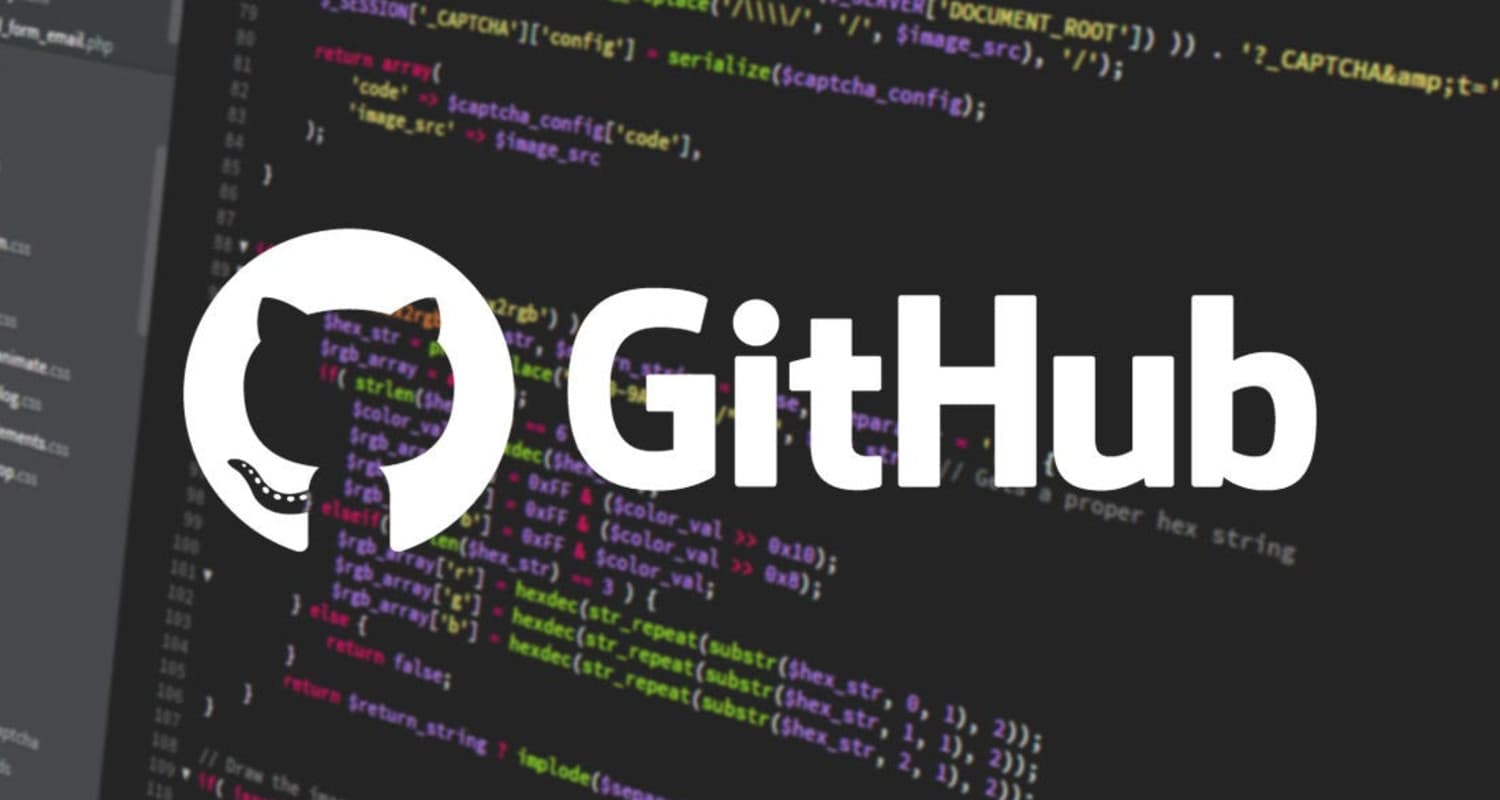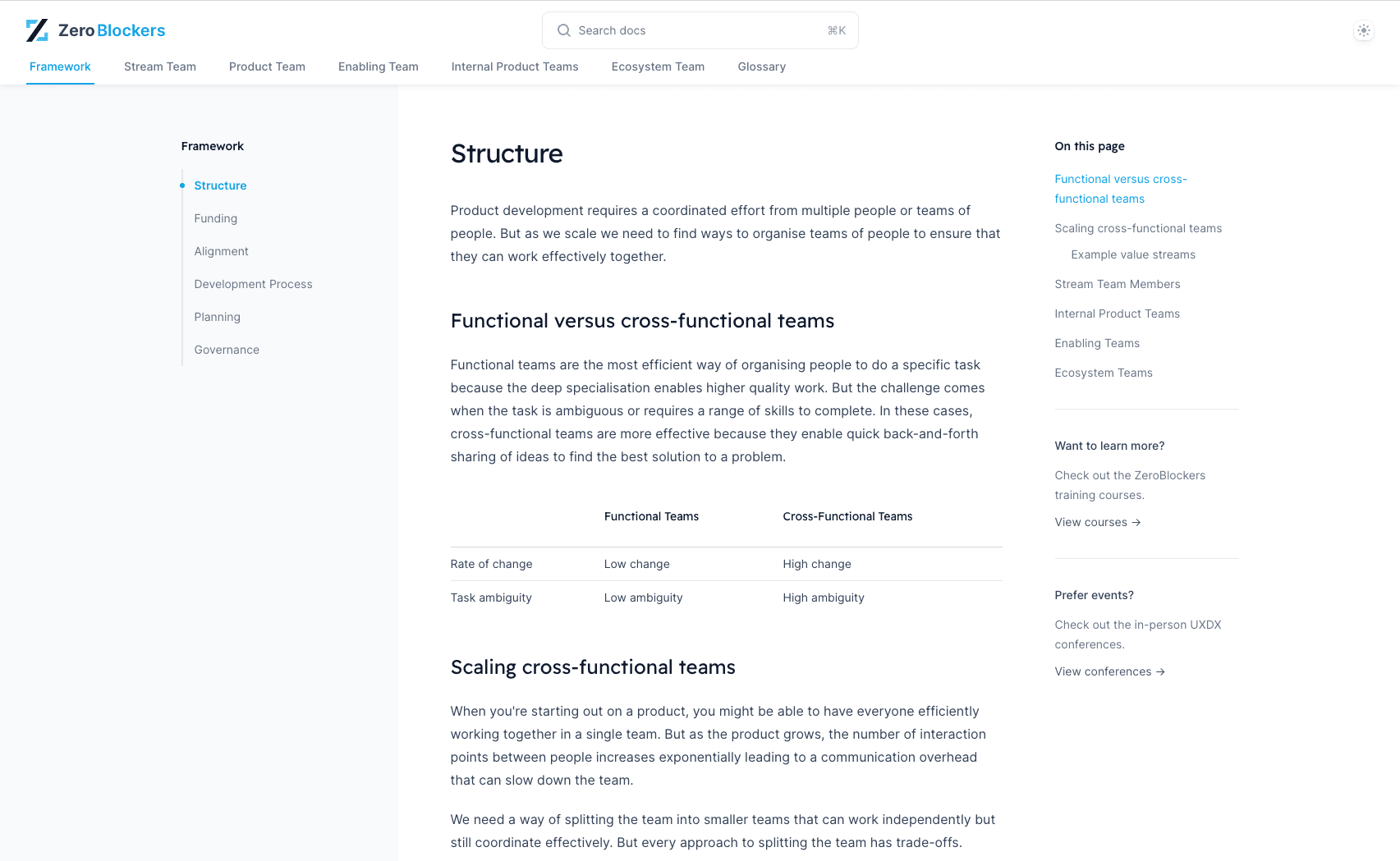Case StudyProduct Team: Managing Performance - Performance Management at GitHub
GitHub, a leading platform for software development, faced the challenge of managing performance in a highly distributed team. With 90% of its engineering staff working remotely from various locations around the world, traditional performance management strategies were insufficient. The company needed to find ways to effectively evaluate and enhance employee performance, maintain engagement, and ensure alignment with organizational goals, all while accommodating the diverse work environments and cultural differences inherent in a global team.

The Solution
GitHub adopted a multifaceted approach to performance management that leveraged technology, clear communication, and a focus on outcomes rather than processes. The key strategies included:
- Clear Goal Setting: GitHub emphasized the importance of setting clear, measurable goals. Objectives and Key Results (OKRs) were used to align individual performance with the company's strategic objectives. This ensured that every employee understood how their work contributed to the broader mission of the organization.
- Frequent Check-Ins: Rather than relying solely on annual reviews, GitHub implemented regular check-ins between employees and their managers. These meetings provided opportunities for real-time feedback, goal adjustment, and support, fostering continuous improvement and adaptation.
- Outcome-Based Evaluations: Performance evaluations focused on outcomes and impact rather than the number of hours worked or specific processes followed. This approach was particularly effective for remote teams, where traditional metrics of productivity could be misleading.
- Use of Technology: Leveraging GitHub's own platform and other collaboration tools, the company ensured that communication and documentation were seamless. This enabled managers to track progress and provide feedback effectively, regardless of geographic location.
- Flexible Work Policies: Recognizing the diverse needs of a global workforce, GitHub offered flexible work policies. Employees were encouraged to work in ways that best suited their personal and professional lives, as long as they met their goals and contributed effectively to their teams.
- Culture of Trust and Autonomy: GitHub cultivated a culture of trust, where employees were given autonomy to manage their work. This trust was built on the foundation of clear expectations, regular communication, and mutual respect.
Outcomes achieved
The innovative performance management strategies at GitHub led to several positive outcomes:
- Increased Productivity: By focusing on outcomes and providing regular feedback, GitHub was able to maintain high levels of productivity across its distributed team. Employees were motivated to achieve their goals and deliver impactful results.
- Enhanced Employee Engagement: The regular check-ins and clear communication channels helped keep employees engaged and connected with their teams and the broader organization. This engagement was crucial for maintaining morale and reducing feelings of isolation among remote workers.
- Better Alignment with Organizational Goals: The use of OKRs ensured that all employees were working towards common objectives. This alignment made it easier for GitHub to execute its strategic initiatives and measure success.
- Adaptability and Agility: The flexible work policies and focus on outcomes allowed GitHub to remain agile and responsive to changes. Employees could quickly adapt to new challenges and opportunities without being constrained by rigid processes.
- Positive Work Culture: The culture of trust and autonomy fostered a positive work environment where employees felt valued and empowered. This culture was instrumental in attracting and retaining top talent from around the world.
